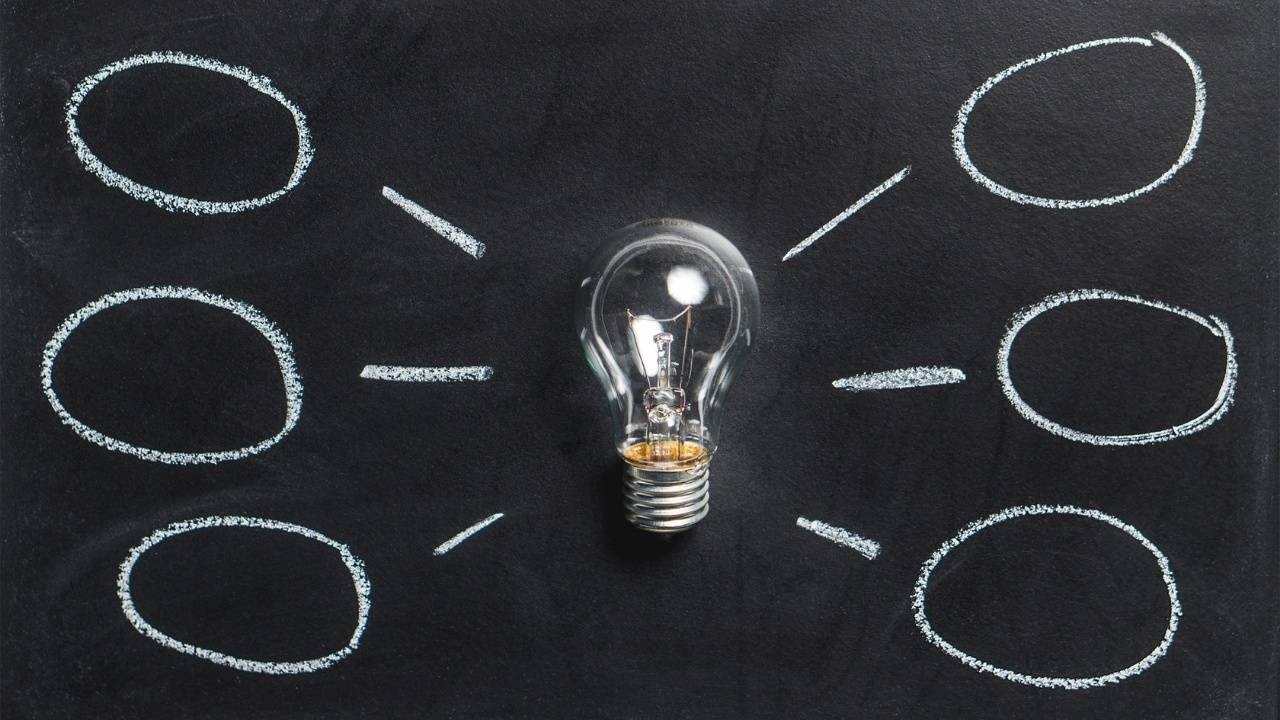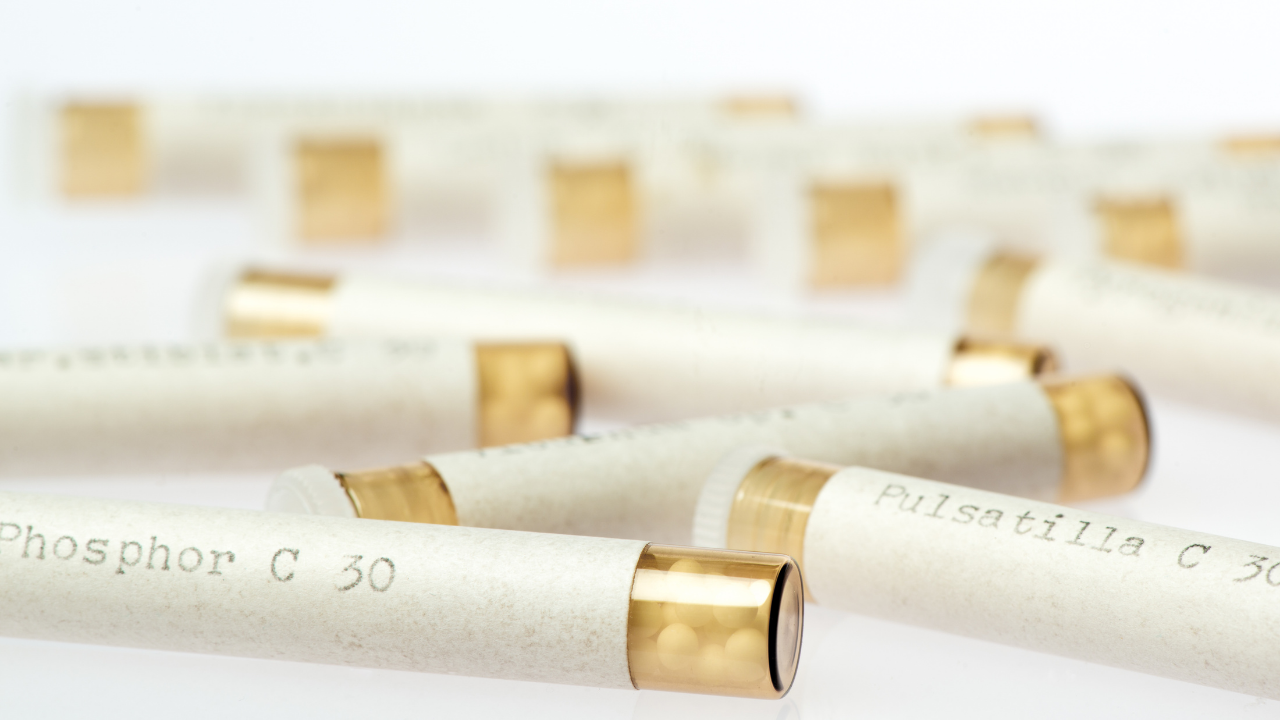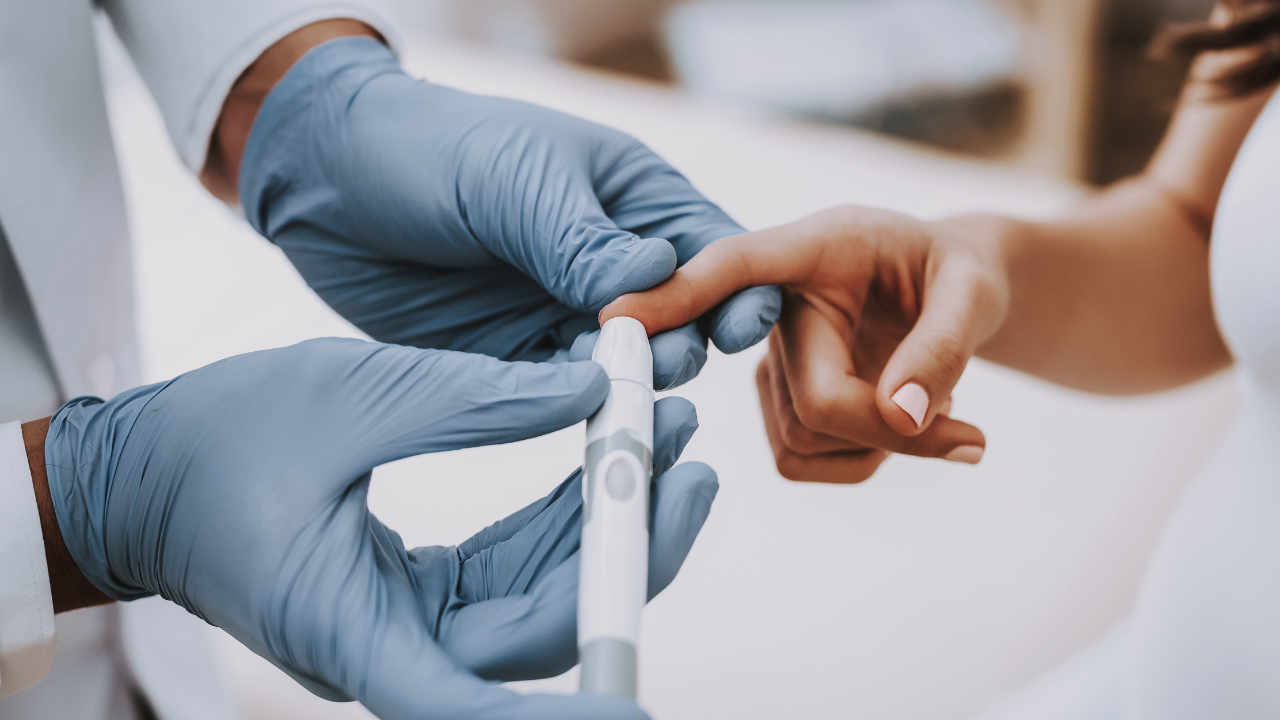Homeopathy Tips Newsletter
Homeopathy for Motion Sickness

Motion sickness, which includes airsickness, carsickness, and seasickness, is an acute condition that causes a feeling of nausea and malaise. It is usually accompanied by vomiting, headache, and vertigo. There are drugs to help prevent this condition but homeopathy offers one of the best solutions for prophylaxis as well as treatment.
Motion sickness is caused by an overstimulation of the vestibular nerve in the inner ear which controls balance. The condition is usually brought about by motion that is accompanied by acceleration and deceleration. The body has a hard time keeping up with the continual changes brought on by the constant motion and movement.
Motion sickness is common in children who are susceptible to the motions of riding in cars and boats. Once motion sickness sets in, the first symptom is usually nausea. This can be accompanied by sweats or chills, dizziness, hyperventilation, headache, anxiety, inability to concentrate, and sometimes claustrophobia. Vomiting can be ...
The Evolution of the Student Practitioner: Part 3

In the last two weeks, we discussed the first two phases of the evolution of the student practitioner. In this last part, we will explain the third and final phase of this journey to becoming a homeopath. Once that decision has been made to embrace the journey and commit to becoming a homeopath, the student practitioner begins the evolution to practitioner. As a student practitioner, the challenges are great and the biggest challenge is yourself.
The journey to being a homeopath is fraught with highs and lows, successes and failures. Because this journey is not a straight line, it is easy to get bogged down in self-reproach and defeat. I see this end in much frustration for students. The desire to know it all right now is great. This can lead to many disappointments. I encourage my students to be loving, kind, and forgiving to themselves. Never will everything there is to know be learned. It is an ongoing process. So this third phase somewhat lasts forever. It is good to get comfortab...
The Evolution of the Student Practitioner: Part 2

Last week, we explored the first phase of the evolution of the student practitioner. This phase is filled with the new excitement of seeing and being a part of the homeopathic case. The spark of belief that I too want to be able to do this is ignited. Learning to see people and their dis-ease usually comes fairly easy with the beginners mind. Having a few successful experiences of knowing what is asking to be healed greatly boosts the new student practitioner's confidence. Usually, after six months, a certain restlessness sets in and the new desire to "do" homeopathy arises.
This is the beginning of the next phase in their evolution. It is not the easiest or happiest of times for most student practitioners. The frustration really begins and the realization that they do not know how to use the repertory or find remedies set in. The common question is, "How do you repertize that?" Often, there is no rubric for an idea of the case and this can be quite frustrating. The student quickly le...
The Evolution of the Student Practitioner: Part 1

Students of homeopathy go through many stages of their learning. There is a different challenge at each stage. At Resonance School of Homeopathy (RSH), we are using live cases in a teaching/clinical setting to provide the opportunity to learn to be a homeopath. Our school is different, so these observations may not apply to all students of homeopathy. The challenges are obviously different for each student of each school. That is following the same nature of homeopathy, every case and every homeopath is different also. For our students at Resonance, though, there are definite stages to their learning and challenges. Here I will share the first of the three stages of their evolution. Stay tuned for part two and part three in the next two blog posts!
Unless a student coming to RSH has been to another school of homeopathy prior to attending, the live clinical teaching seminars, the first stage of the evolution, to becoming a homeopath is one of excitement and wonder. Even students of oth...
Duality in Homeopathy

Duality is a concept that is inherent in our universe. Dualism (from the Latin word duo meaning "two") denotes the state of two parts. The term dualism was originally coined to denote co-eternal binary opposition, a meaning that is preserved in metaphysical and philosophical duality discourse but has been more generalized in other usages to indicate a system that contains two essential parts.
We see this throughout our world; good/bad, light/dark, boy/girl, happy/sad, yin/yang, etc. The list is nearly endless. So how does this apply to homeopathy and receiving a case? It is a concept that we inherently use in all of our daily lives but rarely do we see it for what it simply is.
When we receive a case, we naturally interpret what we hear through our own filters. This is our human nature. Even the concept of duality is so ingrained in our consciousness that we often take it for granted that the polar opposites of what we are considering exist. This is where if we consider what a person...
Controversies on Homeopathic Methods

One of my dear students presented me with a paper written by George Vithoulkas about the different methods being taught in homeopathy right now. It was a comparison of the Hahnemannian approach as outlined in the Organon and newer methods being taught by different teachers around the world; more specifically Sankaran, Scholten, Becker and Chappell.
Vitholkas' argument is that many of the newer ways of understanding homeopathy are not following the Organon and that many newer remedies have not been proven in a classical sense. I happen to agree with Vitholkas very much on this. Even though great understanding can be gained by experimenting and extrapolating ideas, the remedies need to be proven. Much happens in the proving of the real substance that needs to be organized through a proper proving.
I do not discount the newer methods though. I too have created remedies from intention alone and experienced the effects of the proving. But I have never published these results as fact about...
Let the Remedy Come to You

I had a very interesting case last week that I thought I would share some comments about. Hopefully, this will illustrate the importance of remaining unattached to remedies while doing the case analysis. Had I held fast to the remedy that best repertized, I would have made a mistake for sure. I'll explain!
This case was of a 57-year-old man who has been suffering from depression, lack of confidence, and indecision in his life. He is unmarried and a school teacher who does not enjoy his job and wants to quit but hasn't been able to do it just yet.
He has sleep problems and wakes up suddenly at night thinking about the difficulties of his day. His first remark describing his condition was, "it goes deep." He has memory issues that frustrate him to no end. He can't remember where he puts things and has to search to find the item he last had in his hand.
He is a recovering alcoholic with 3 decades of sobriety. He described passing out numerous times from drinking too much. He has some p...
What Does Homeopathy Need in The USA?

Usually, I write a newsletter imparting some tips for homeopaths. But I am departing for the first time ever to ask all of you a favor. I would like to open up for discussion, "What does homeopathy need in the US?" We need to create a vision for our profession.
Before I get into some ideas of my own, please share your own in the comments area below. I would love to hear from all of you. So on to the question, 'What does homeopathy need in the US?"
As a homeopath, I am a professional and am lucky enough to not have any problem with licensure as the State of Nevada has a Homeopathic Board of Medical Examiners that regulates homeopathy in my state. So one of the more immediate hurdles as a professional homeopath is behind me as most states do not have a regulating board.
It is difficult to understand the legality of practice since it is regulated by each individual state. That makes too many jurisdictions for anyone to keep track of and then know the compliance. So one thing homeopathy...
Homeopathy for Diabetes

Diabetes is an increasingly more frequent disease as a result of our modern diet and hereditary influences. It is one of the most insidious diseases affecting man. It can be a quiet killer if not properly diagnosed and treated. Allopathic treatment is fairly easy and with the help of dietary changes can help modify the disease. But to remove the disease and its symptoms, good homeopathy must be applied to help inspire deeper healing along with lifestyle changes, including diet.
There are two main types of diabetes; diabetes insipidus, which is characterized by polyuria (increased secretion of urine without containing any sugar or glucose), and diabetes mellitus, which is characterized by polyuria with an increase in sugar in the urine, abnormal thirst, and an increased or depressed appetite with progressive debility. If left untreated, diabetes affects all metabolic functions and creates a horrible picture of disease. Circulation can become impaired leading to eye problems and blindn...
Giving Multiple Remedies

The goal of every classical or Hahnemannian homeopath is to give the simillimum remedy. This is the most perfect single remedy that covers the case and will inspire the healing response. In a perfect world, this would always be the case and a single remedy would always work. In Hahnemann's time, there was a much more simple expression of dis-ease. Now we have so many influences and suppression's that disease in our modern world is far more complex.
My experience is that about half of all cases do very well with a single remedy. Others that have many drug influences and years of suppression often need another remedy to help the healing process. Finding the simillimum can be difficult in these cases because a single remedy just does not cover the entire energy of the case. Many times, a simillimum is given and the person does moderately well but there are some symptoms that are just not yielding. It is a fine line to determine if the vital force has not responded yet or another remedy i...

